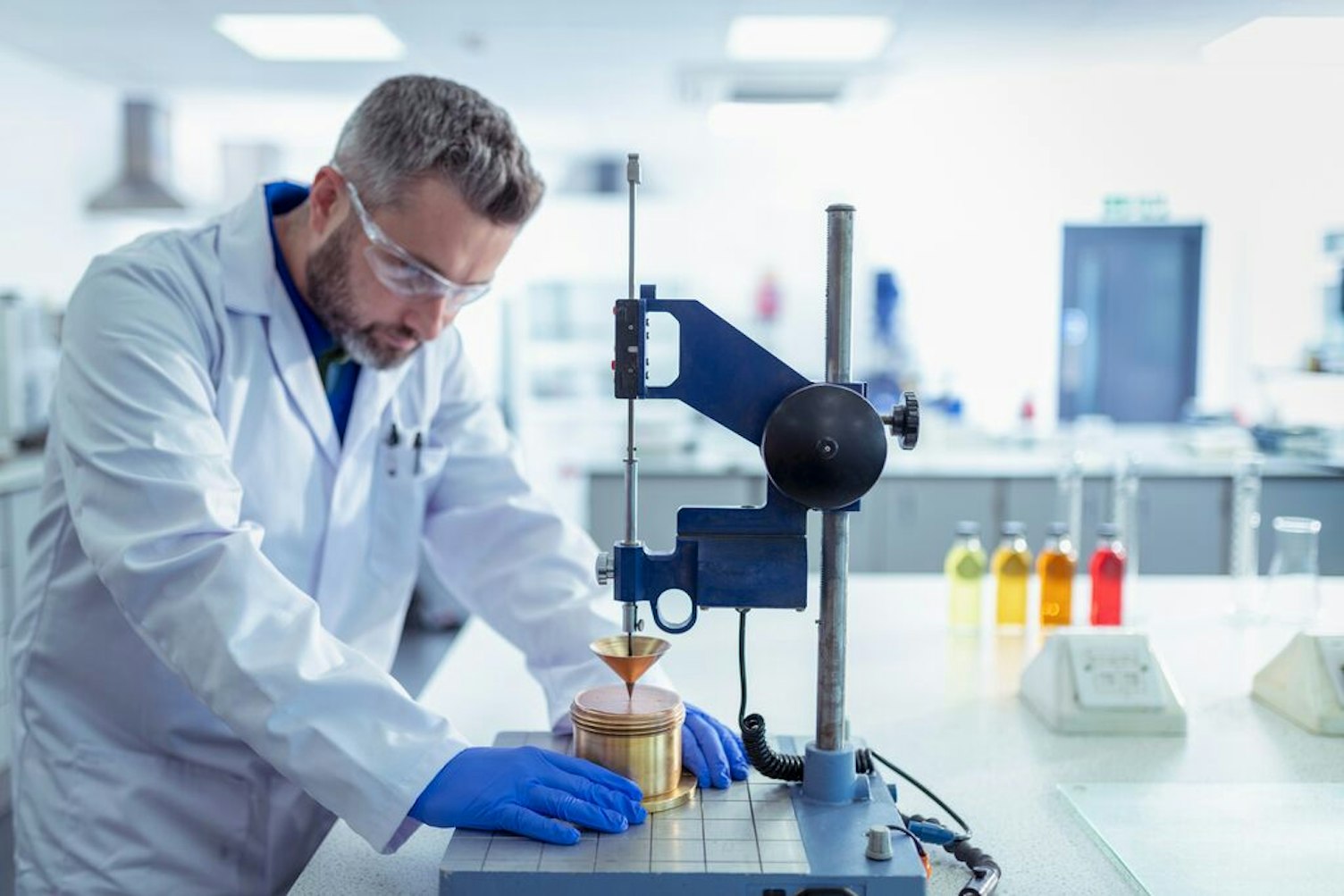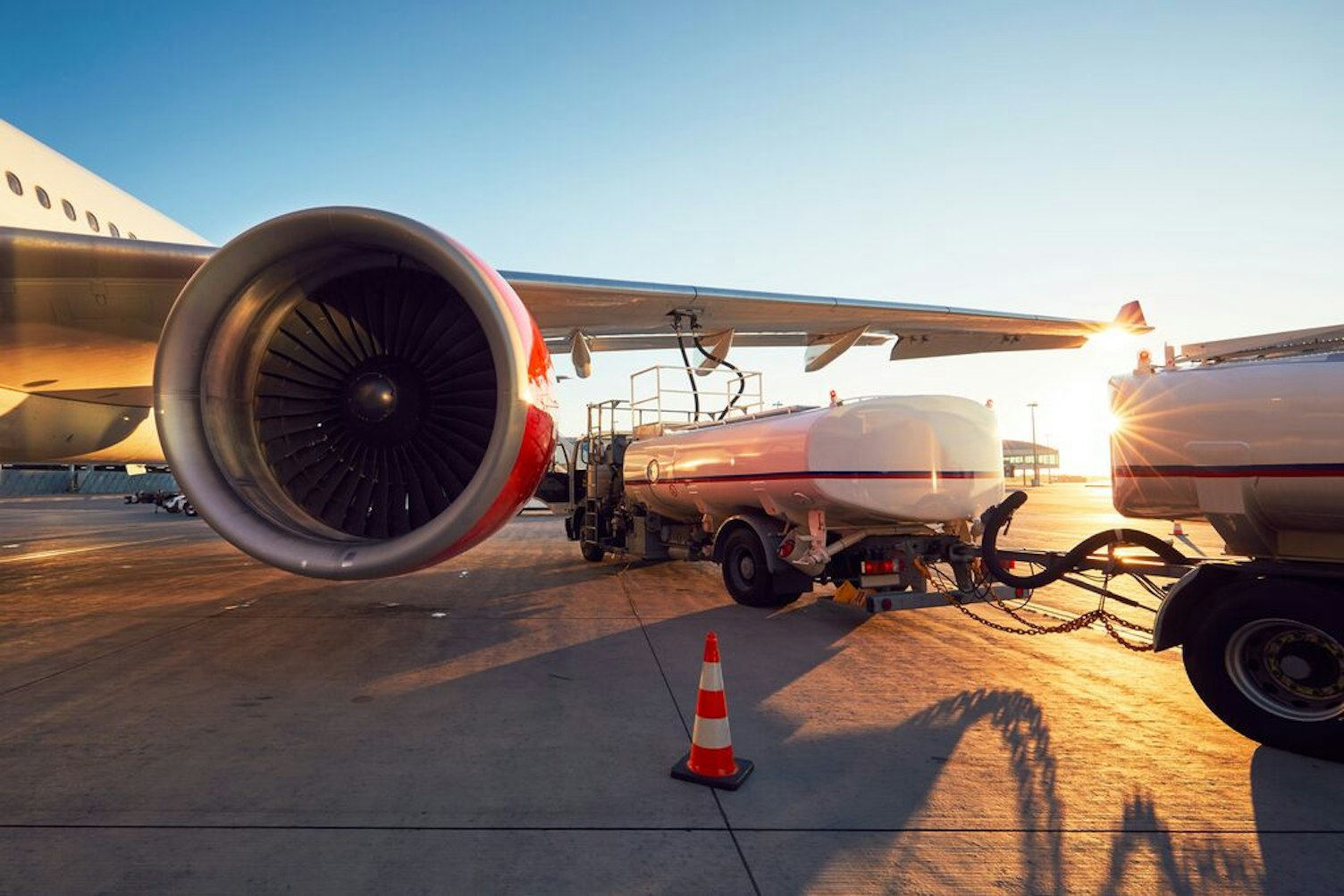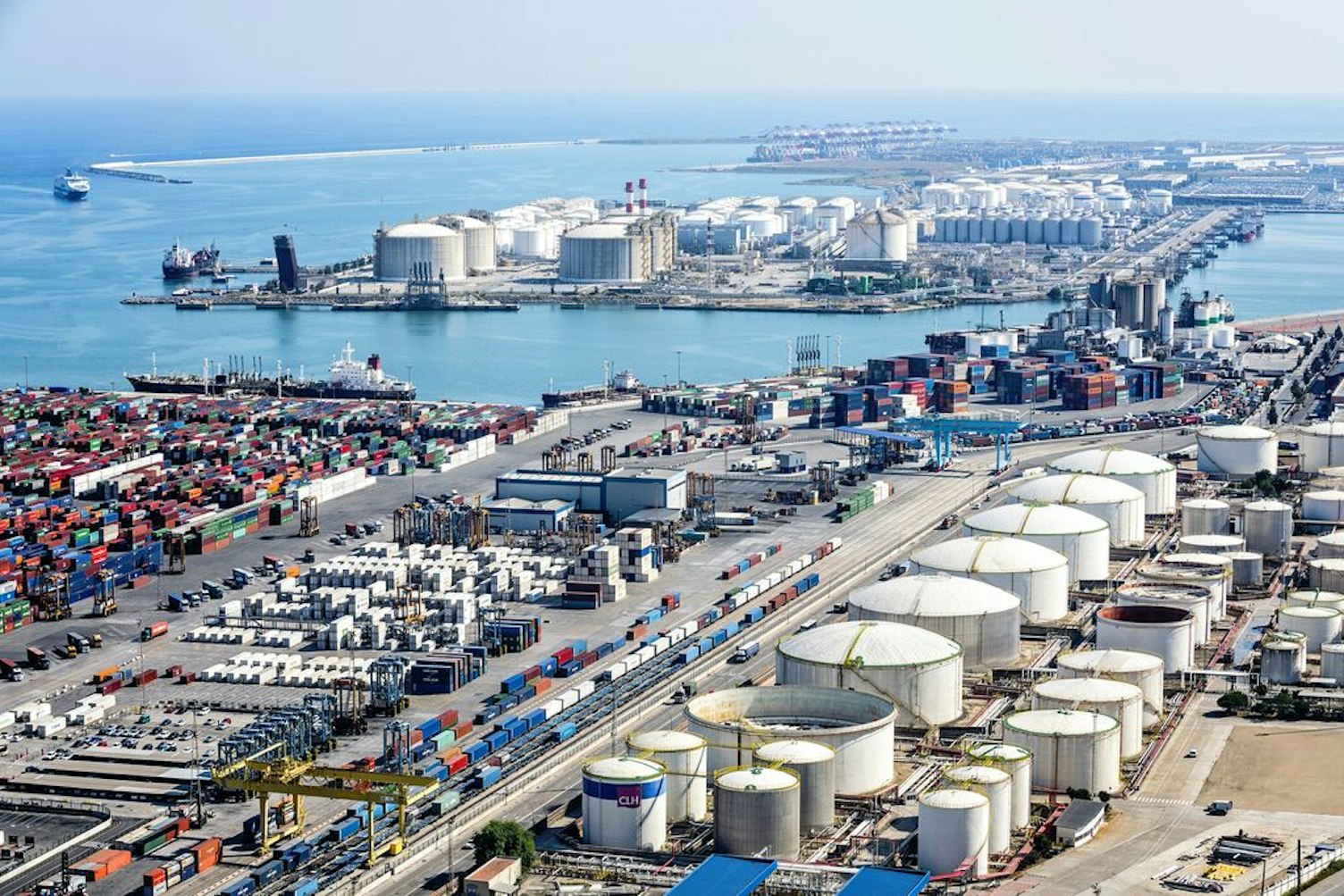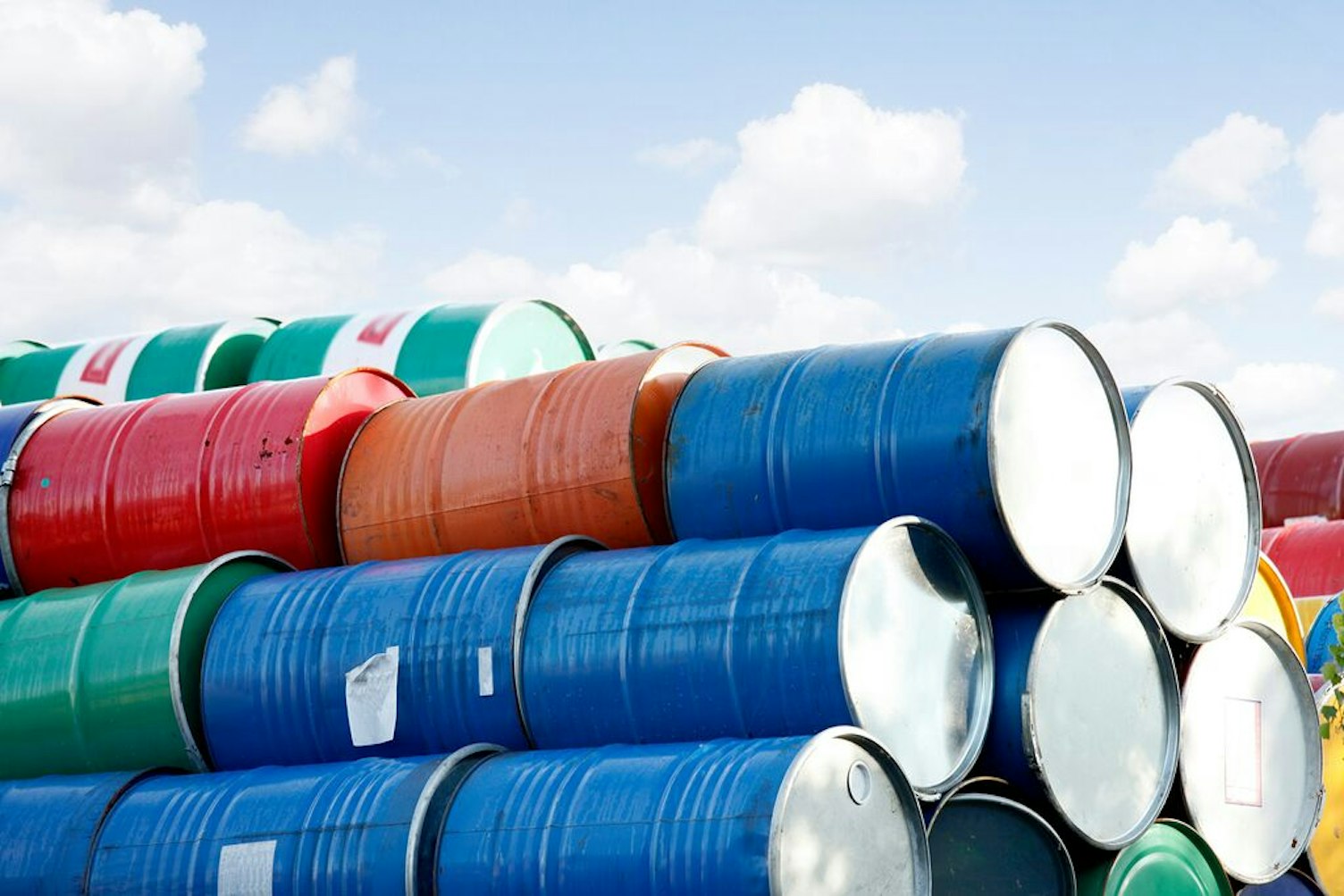
Microbes form a significant operational threat to fuel operations as they facilitate serious operational impacts related to the proliferation of biomass (fungal and yeasts), sludges (biopolymer linkage) and the potential for increased corrosion due to the presence of sulphate reducing prokaryotes (SRP).
Identifying the microbial source and determining the contamination level is crucial for effectively mitigating the negative impacts. Without this knowledge, the various methods available for mitigation tend to be ineffective or unnecessary.
We offer custom operational solutions that enable you to anticipate, monitor, and address fuel contamination issues. Through our microbial risk assessment services (MiRAS), we provide unparalleled understanding of the microbial communities found in fuel and associated facilities. Our distinctive approach to interpreting microbial analysis data enables the identification of biofouling contamination and the assessment of asset corrosion risks.
Aviation fuel
Aviation fuel, also known as jet fuel, is vulnerable to microbial contamination from microorganisms in the surrounding air and surfaces. Left to proliferate unchecked, these microbes can cause mechanical and systems failures, operational problems such as aircraft being grounded, corrosion and in extreme cases total engine failure.
Aviation fuel systems are ideal habitats for these organisms. Not only are these systems often warm and humid, but they also provide food for microbes in the form of hydrocarbons that are in the fuel. The action of microbes and the consequent metabolites and biomass can block fuel filters and cause gauging problems and even induce corrosion to such an extent that they can damage the aircraft’s tank structure.
Because of these risks, aviation fuel testing for microbial contamination has become standard operation for all users of aviation jet fuel. It is typically part of a more comprehensive system of managing the fuel systems from beginning to end, which is known as fuel husbandry.


Industrial fuels, diesel and the biofuel evolution
Biofuels create a nutrient-rich breeding ground for bacteria. This causes major problems for storage tanks. Biofuel is produced from a biodegradable material, giving it the characteristics that make it attractive to biodegrading organisms.
Biofuels are particularly prevalent to bacteria that cause corrosion and diesel fuel provides ideal conditions for the rapid growth of microbes even in the best-maintained tanks.
Biofuels such as Fatty Acid Methyl Esters (FAME) are bio-degradable and are an ideal source of nutrients for microbes.
The methyl esters in biodiesel are hygroscopic. This means that they can absorb more moisture than petroleum-derived diesel and hold this in suspension in the fuel. Petroleum-derived fuels absorb less moisture by comparison and tend to shed water as a separate layer at the bottom of storage tanks.
When water contaminates diesel, it provides conditions suitable for microbial growth and can lead to molds, yeasts and bacteria spreading throughout the fuel. If contamination is left untreated, they can damage the fuel permanently.
Retail fuel
Failure to ensure retail fuel quality can have wide-ranging consequences, from impaired engine performance and reduced engine life to costly increases in fuel consumption and a damaging impact on the environment. Our fuel quality monitoring program helps you control the quality of fuel distributed through retail stations more efficiently.
Retail Fuel is vulnerable to microbial contamination from microorganisms in the surrounding air and surfaces or due to cross-contamination in offload hoses or equipment. Left to proliferate unchecked, these microbes can cause mechanical and systems failures, operational problems to vehicles, corrosion and in extreme cases total engine failure.

Benefits of SGS fuel microbiology services
We provide unique and tailored technical solutions for each fuel contamination challenge.
Fuel microbial contamination can be caused by microbes: tiny organisms such as bacteria, yeasts and fungi, which thrive wherever there is food and water. Their presence and proliferation impacts fuel system performance, poses a risk of system plugging, degrades product quality and has potential for microbially influenced corrosion (MIC) of fuel assets.
For every situation, a unique strategy is necessary, involving advanced analysis of fuel, fuel/water mixtures, and associated water samples. Our capabilities allow us to thoroughly evaluate these challenges. Whether it is regular microbial monitoring, in-depth contamination assessments, or consulting services, our team of experts possesses the expertise and technology to safeguard your fuel and maintain the integrity of storage facilities and distribution networks.
At SGS, we can help you minimize microbes’ operational consequences, adding value at every step of your field development and long-term operations. Our microbial services identify, and address location-specific impacts caused by microbes, while monitoring variations in population size and diversity. Correlating this data with assigned risk levels facilitates the selection of the most suitable and cost-effective mitigation solutions while promoting best practices and ensuring overall systems control.
By combining cutting-edge technology and integrated studies, we deliver customized mitigation strategies that incorporate state-of-the-art sampling and laboratory workflows, as well as oilfield microbiology consultancy and independent advice.

Why choose SGS fuel microbiology services?
Our integrated fuel microbiology services provide operational value and help you:
- Implement managed monitoring programs and industry best practices
- Understand Asset Risk and plan accordingly for fuel quality assurance relating to microbial control
- Identify the most optimal and cost-effective mitigation strategy
- Develop, optimize and attain Key Performance Indicators (KPIs)
- Independently validate chemical biocide selection and optimal dosing program required for the Asset
- Reduce OPEX on Chemical Biocide spend
- Investigate asset contamination and provide effective remediation guidance
Contact us and discover how our fuel microbiology services and MiRAS can preserve the functionality of your fuel facilities, minimizing asset risks and downtime, and maximizing value.
12FL, Chongryong Bldg., 257, Hangang-daero, Yongsan-gu,
04322,
Seoul, Korea, Republic of